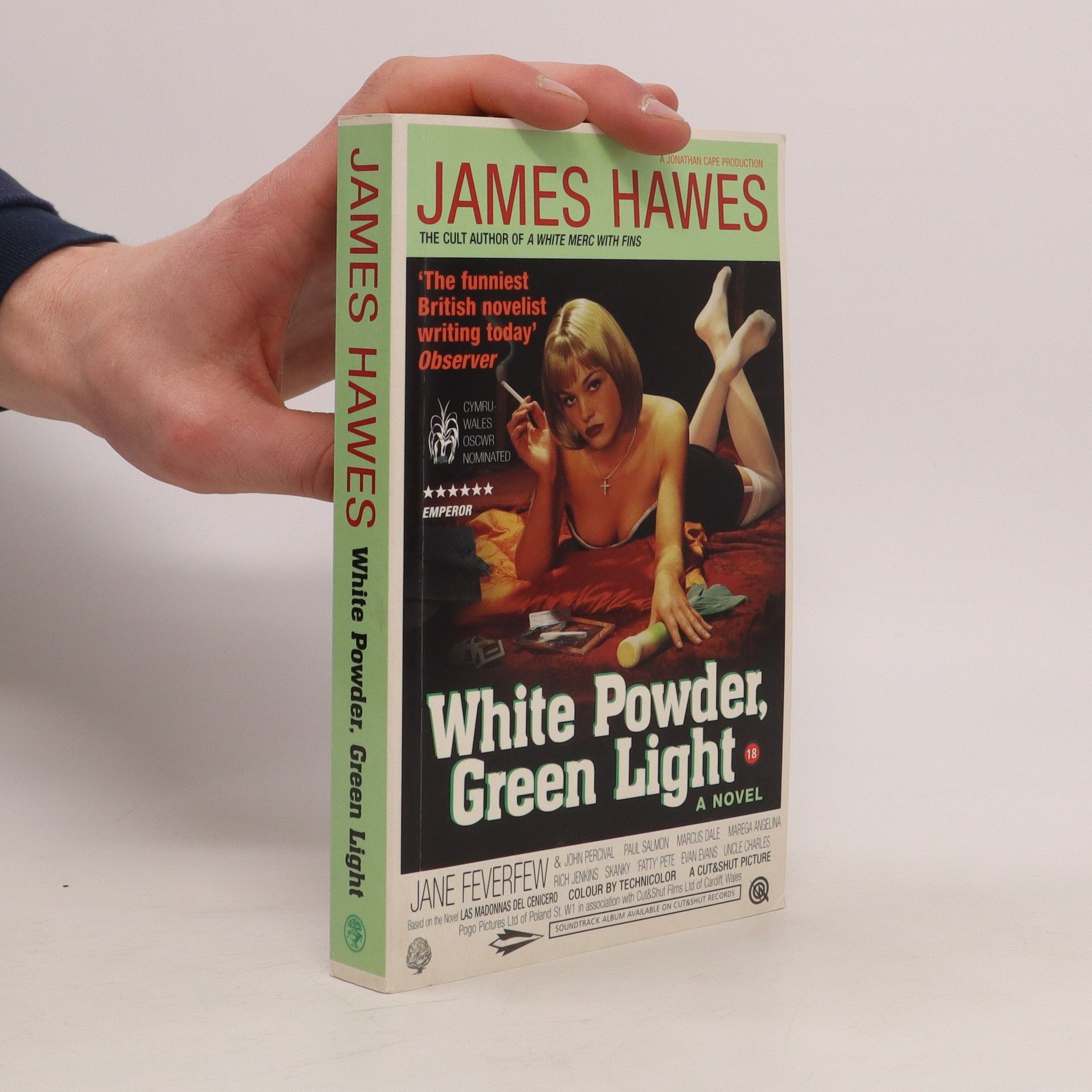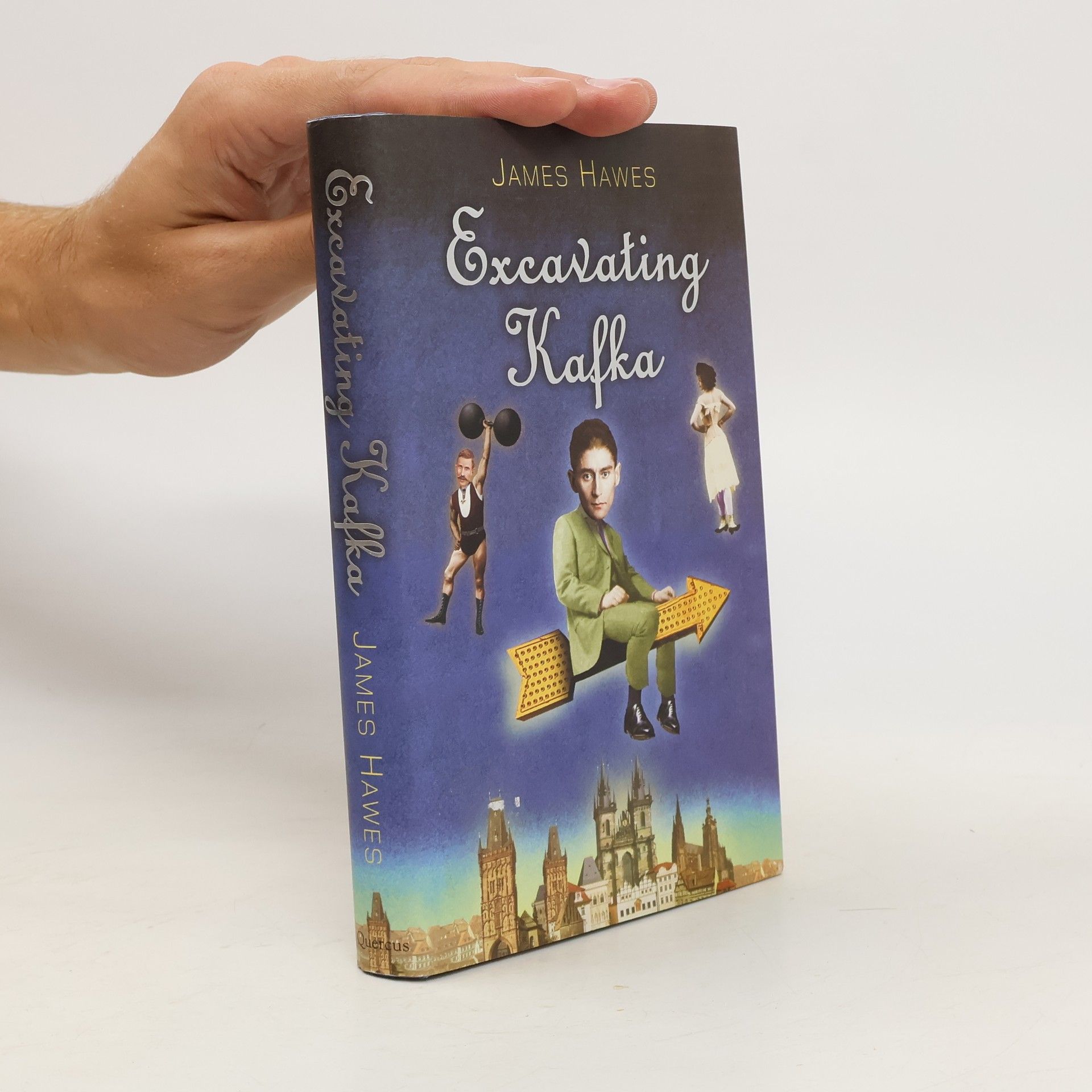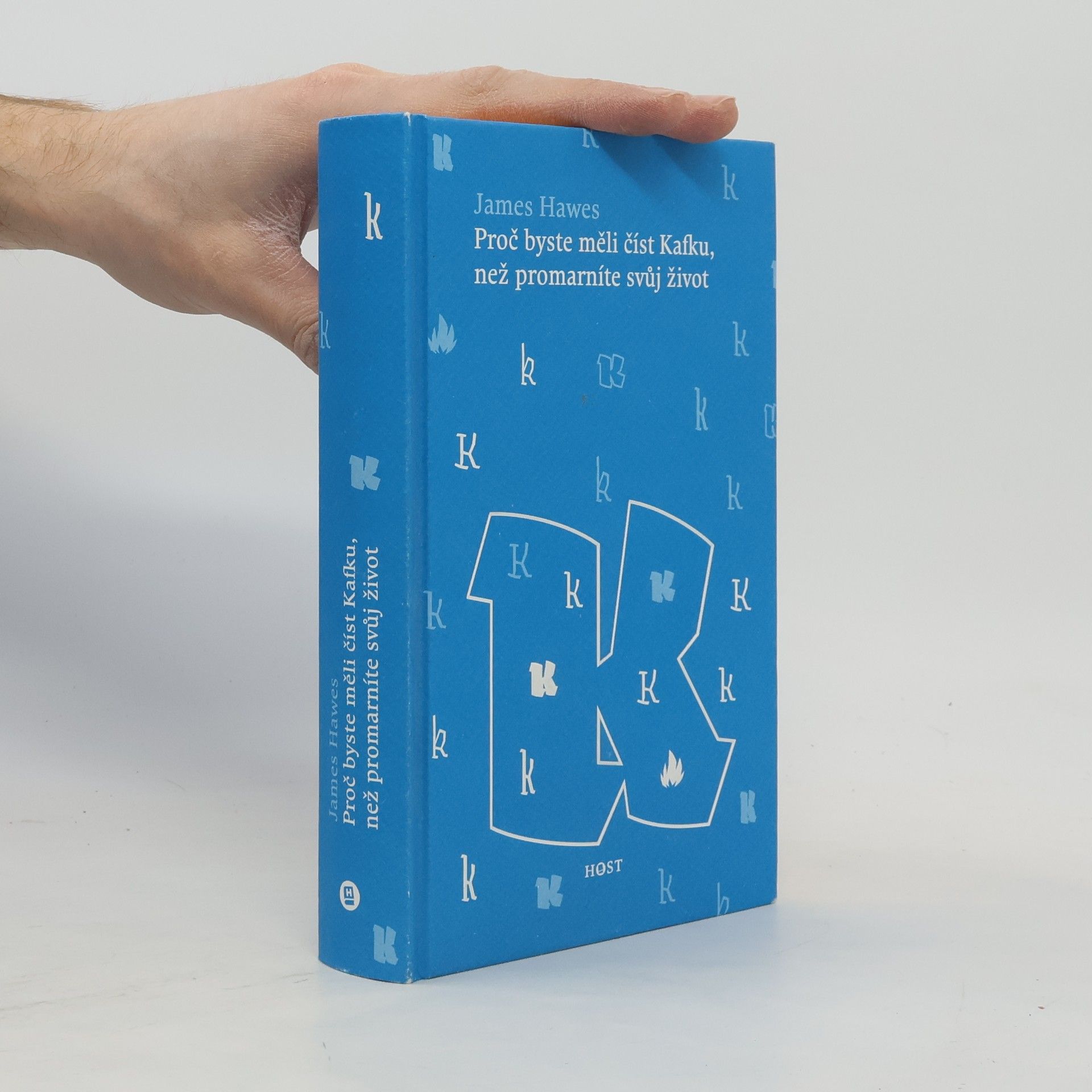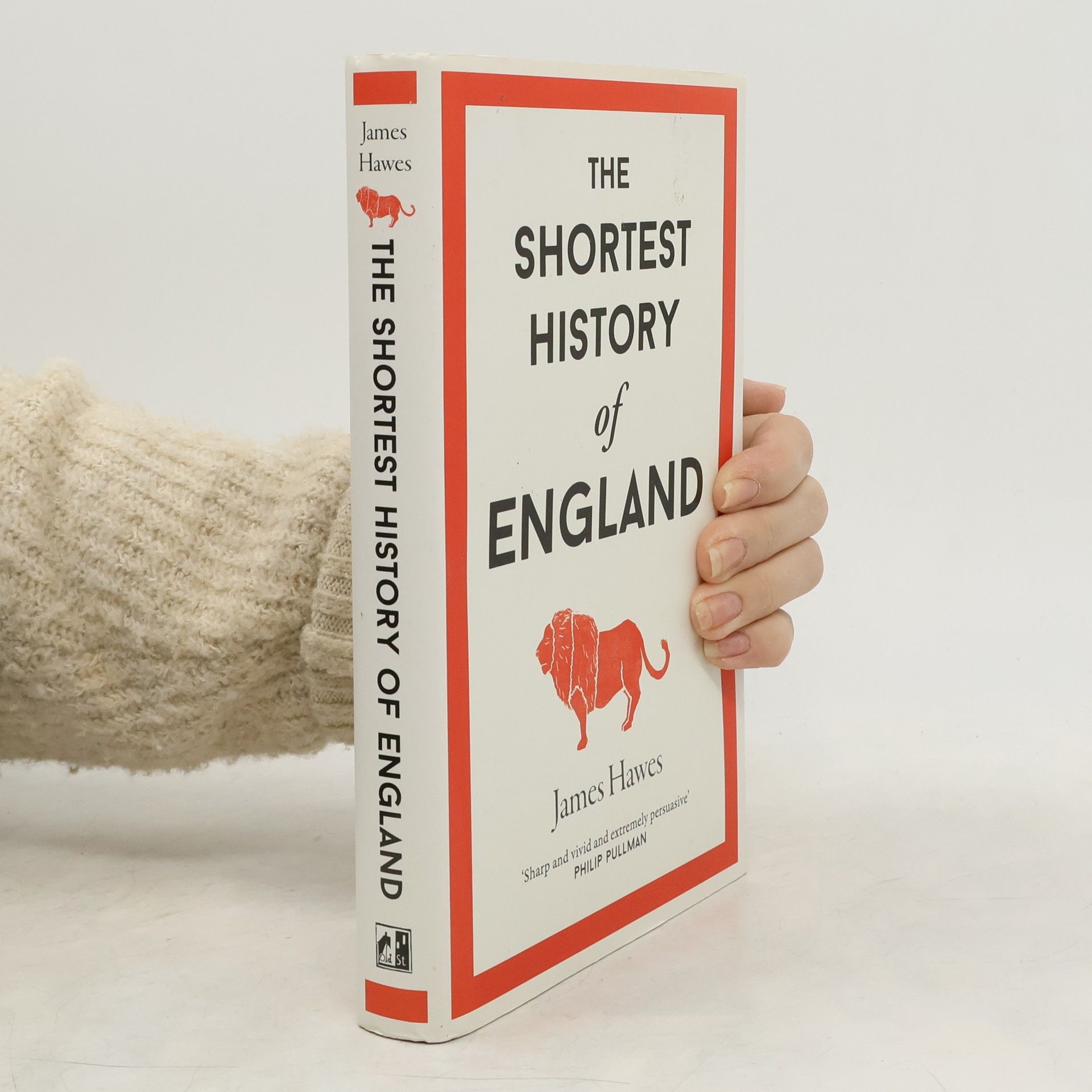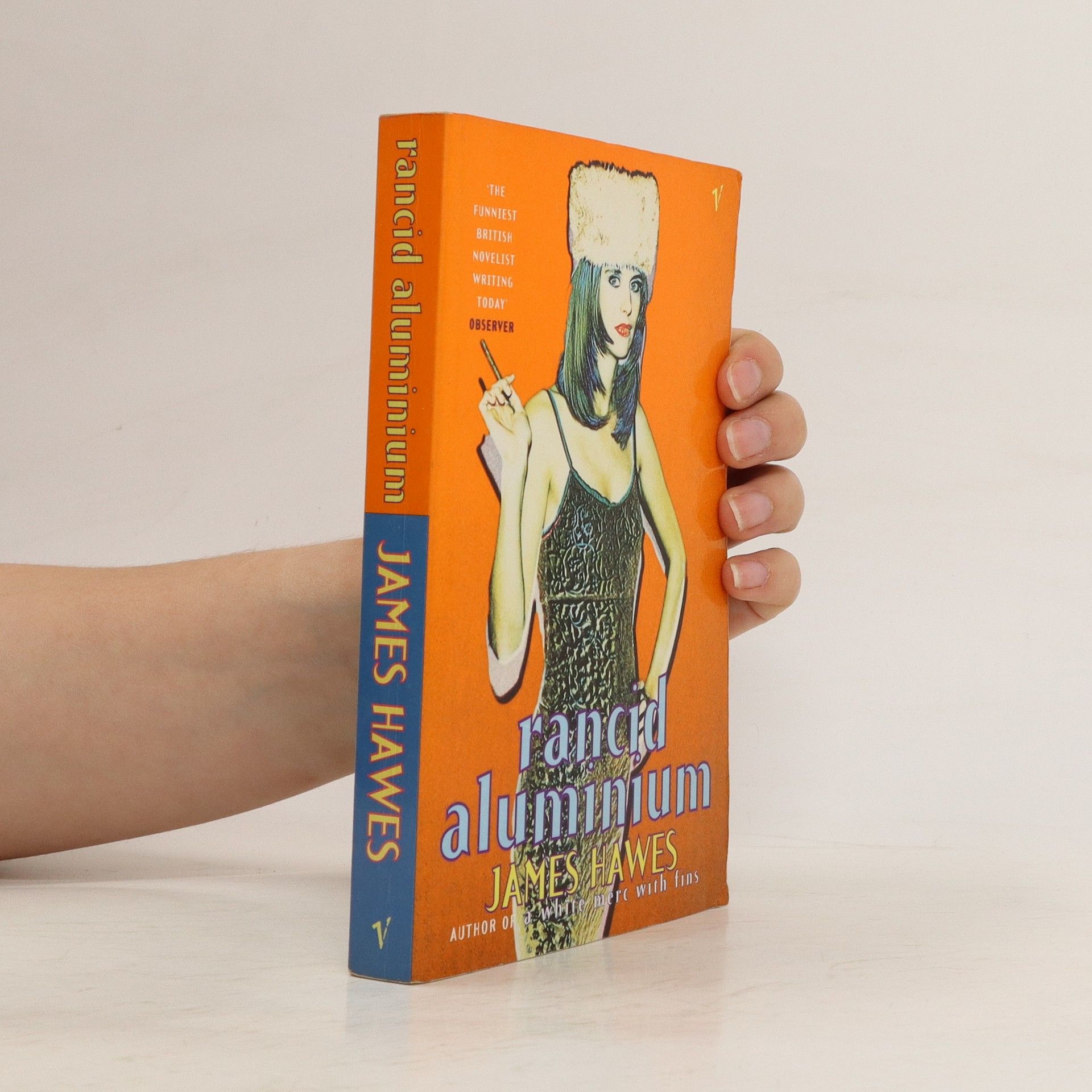Stručné německé dějiny
- 280 stránek
- 10 hodin čtení
V knize Stručné německé dějiny předkládá autor průřez dvěma tisíci let dějin Germánů a Němců. Na nevelké ploše se mu podařilo vyhmátnout klíčové momenty německých, resp. germánských dějin, přičemž za jeden z hlavních faktorů považuje geografické rozmístění germánských a německých sídel. Z německé Mittellage vyplývá osudová vklíněnost Němců mezi Západ a slovanský Východ, s čímž koresponduje od 16. století vnitroněmecké zápolení mezi katolickým západním Německem a protestantským Pruskem na východě. Hawes je přesvědčen, že za katastrofy moderních německých dějin nese odpovědnost pruský a protestantský element. Svůj názor dokládá mj. mnoha desítkami map od římských dob až po geografickou analýzu voleb do Bundestagu v roce 2017. Skoro na všech je zdůrazněna klíčová role Labe ─ podle autora osudové německé řeky: na západ od ní byla od římských časů a je dodnes civilizace a pokrok, na východ ─ cum grano salis ─ temnota a barbarství. Autorův styl je velmi čtivý a k názornosti knihy přispívá mimořádně zdařilý a bohatý výběr fotografií, obrázků, grafů a nákresů, jakož i citací z dobových dokumentů, dokládajících autorova tvrzení.

